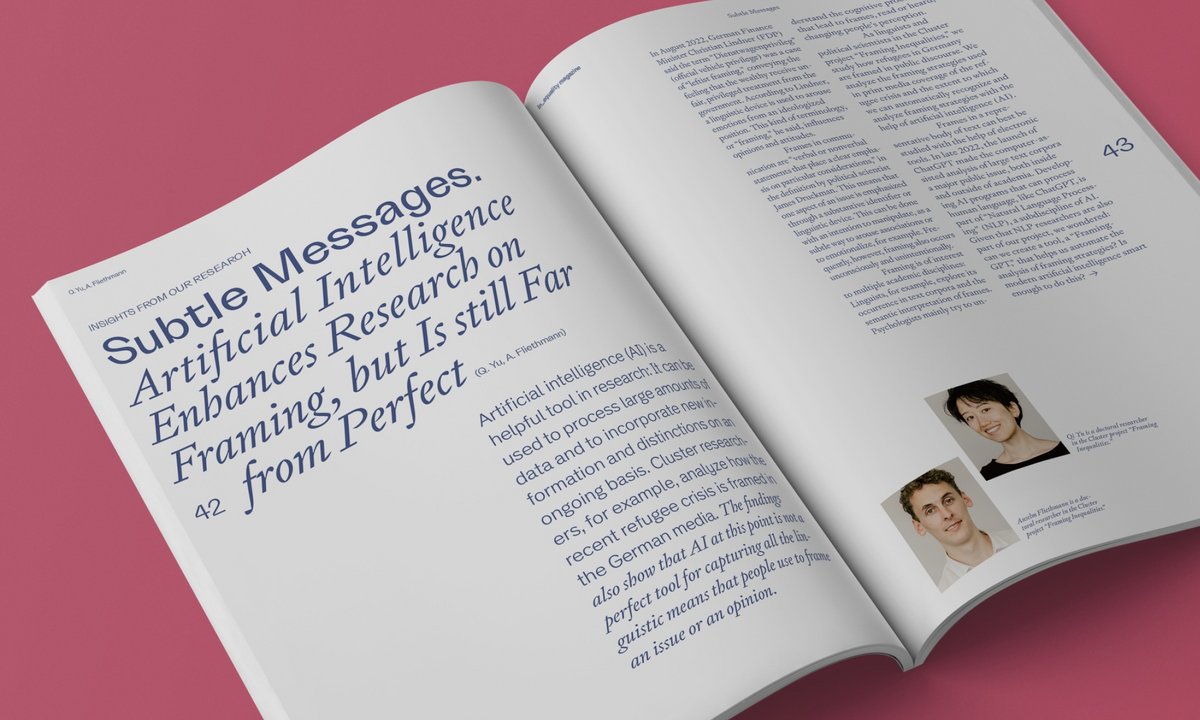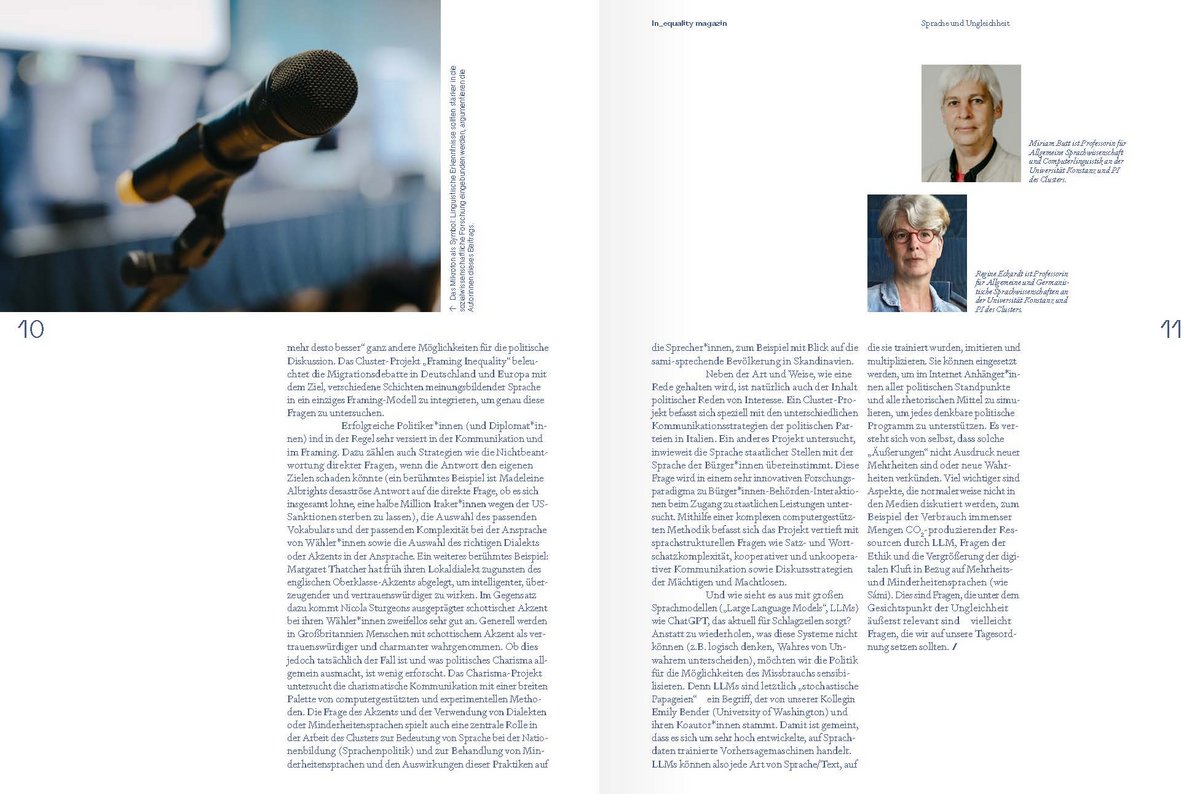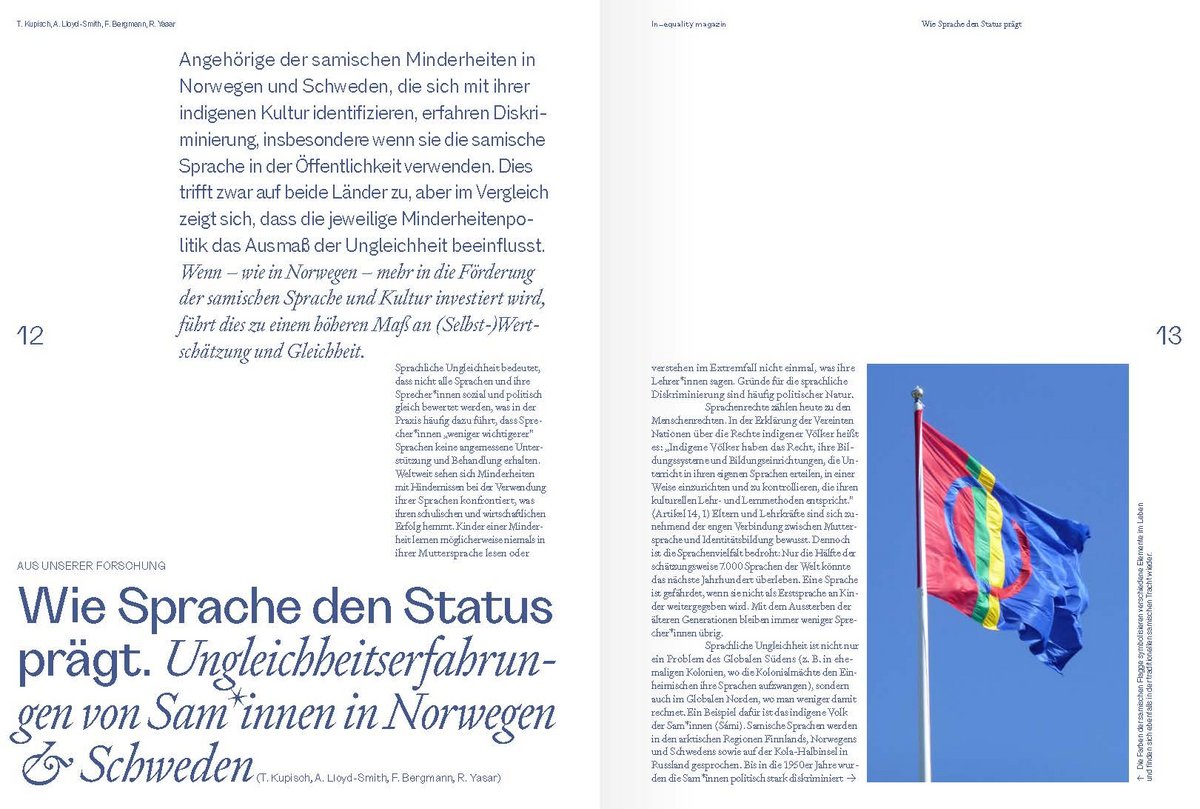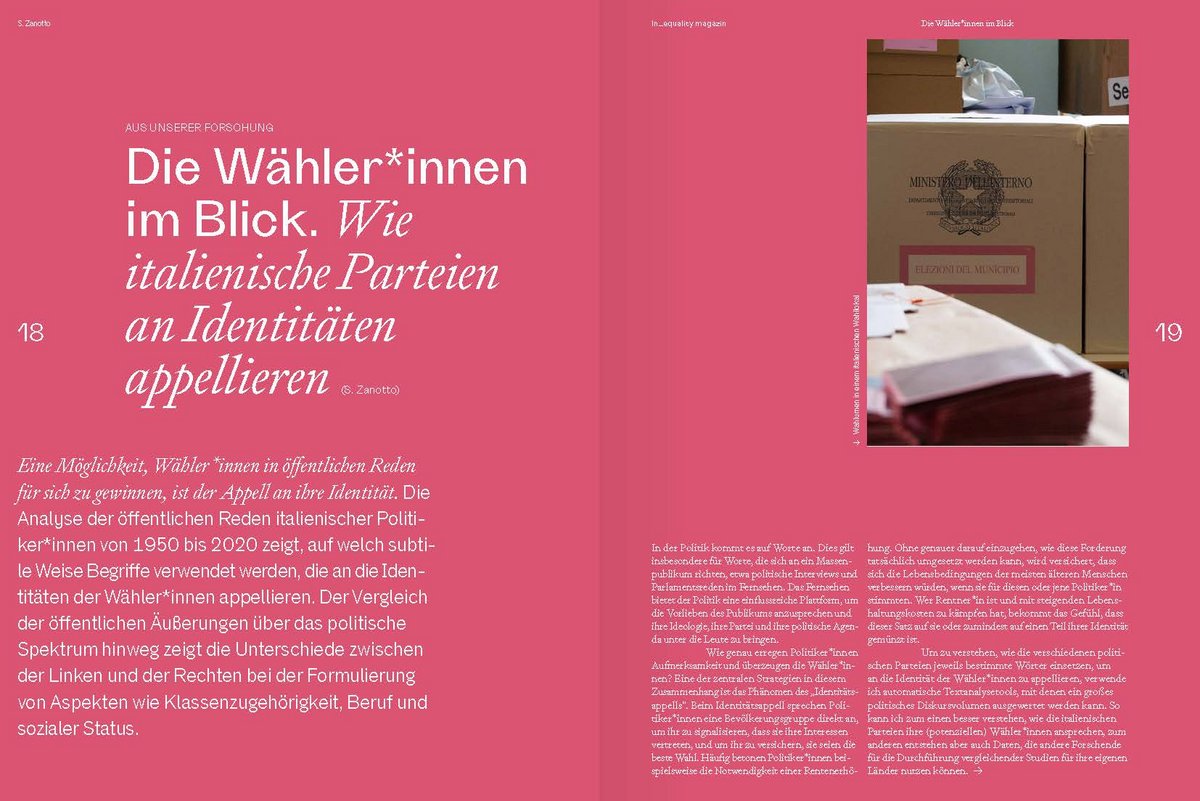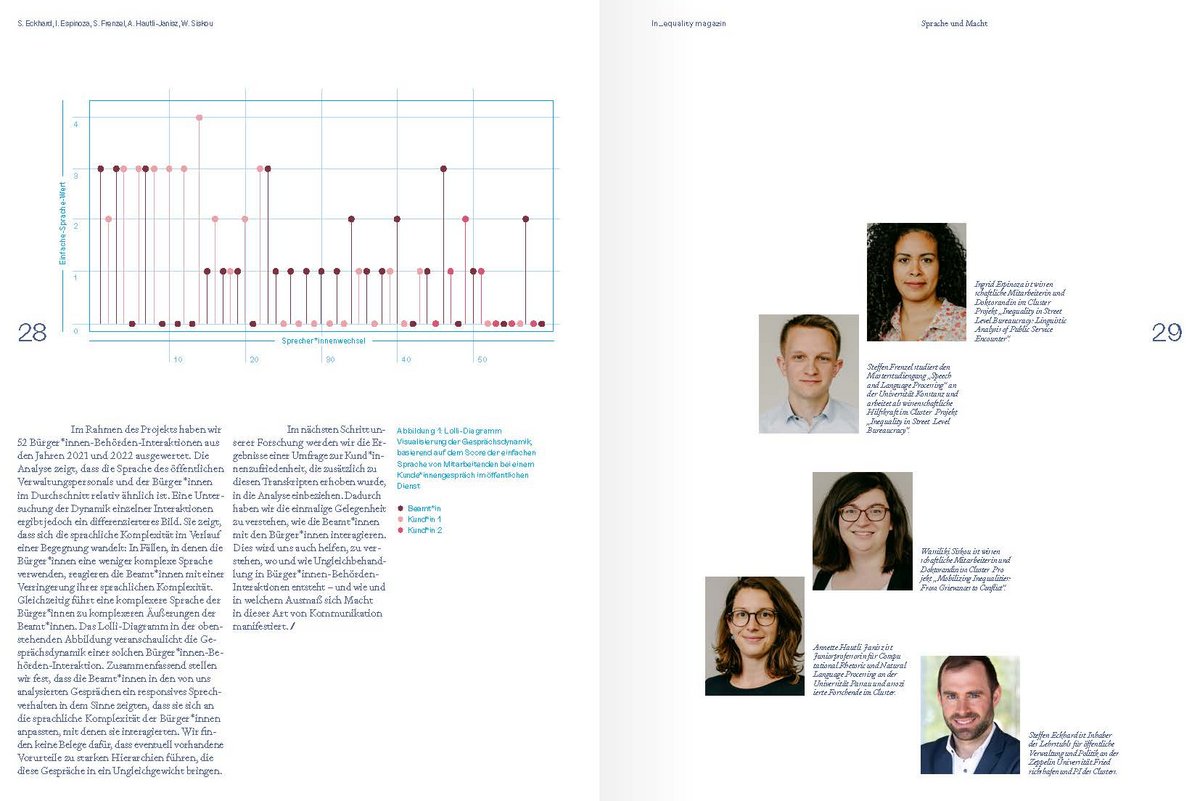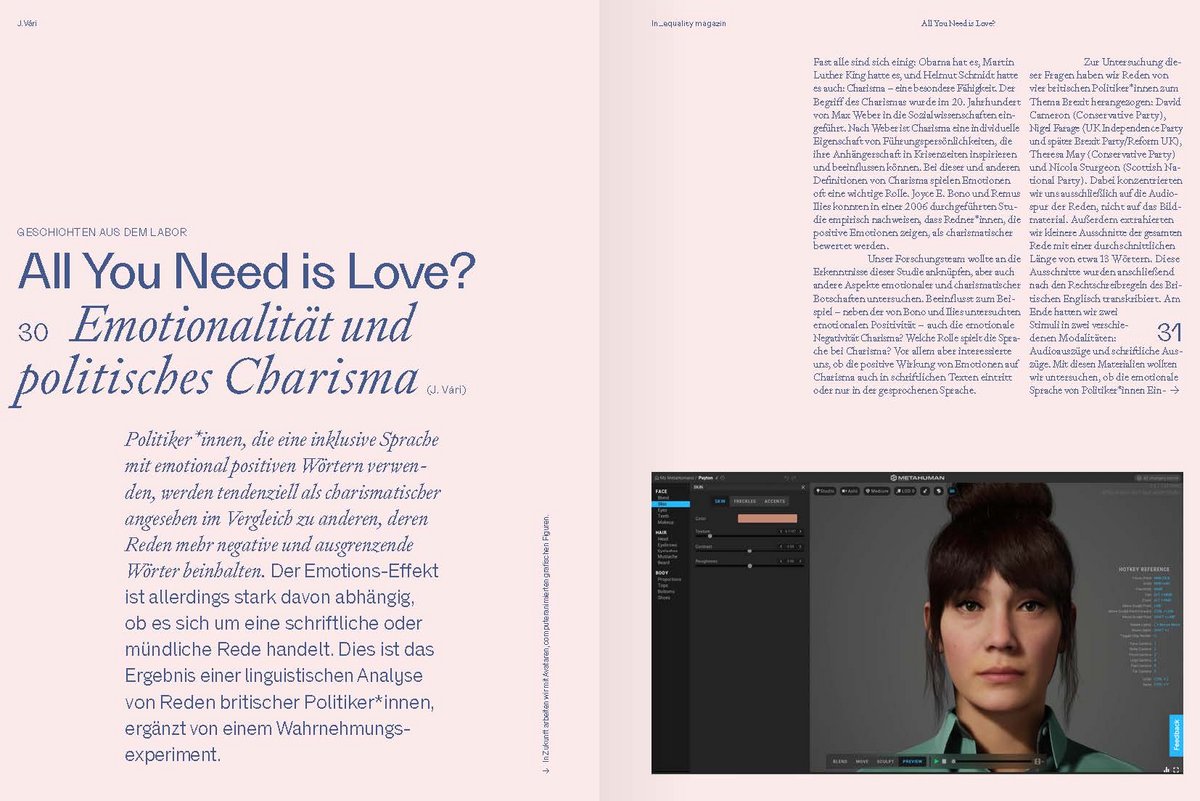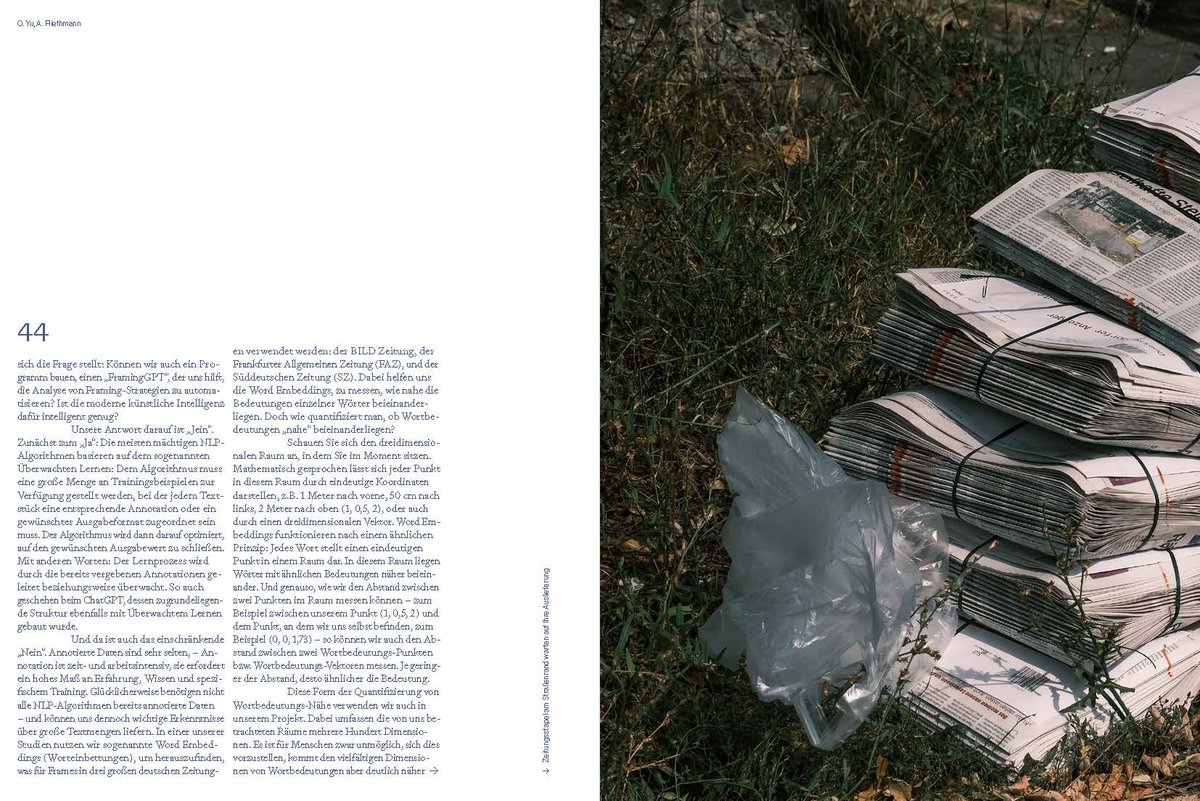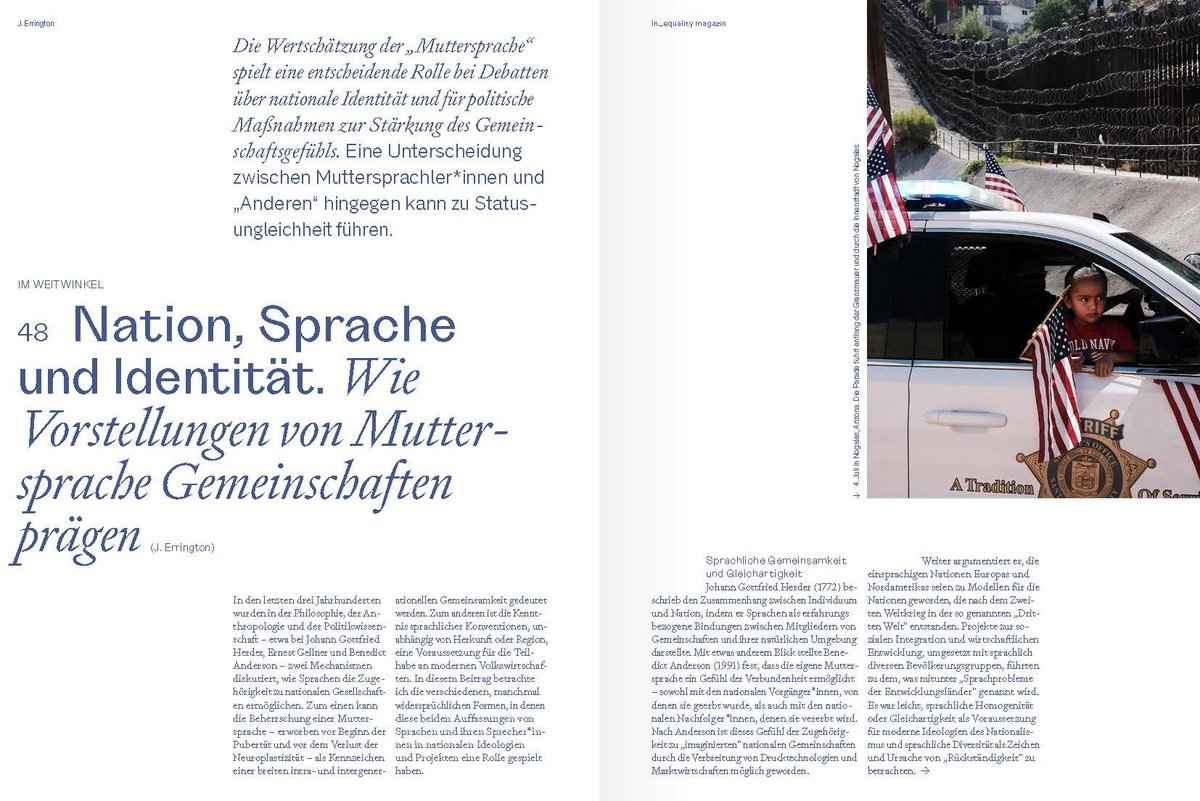Language is more than a medium of everyday communication—language is an expression of identity and belonging, a tool in political struggles, and a stylistic device that can create charisma. By the way we speak and by what we (don’t) say, we address certain groups and exclude others. Thus, language is a tool that can generate inequality and render it (in)visible. For this reason, linguistics plays an important role in our cluster as a discipline for researching the political dimensions of inequality.
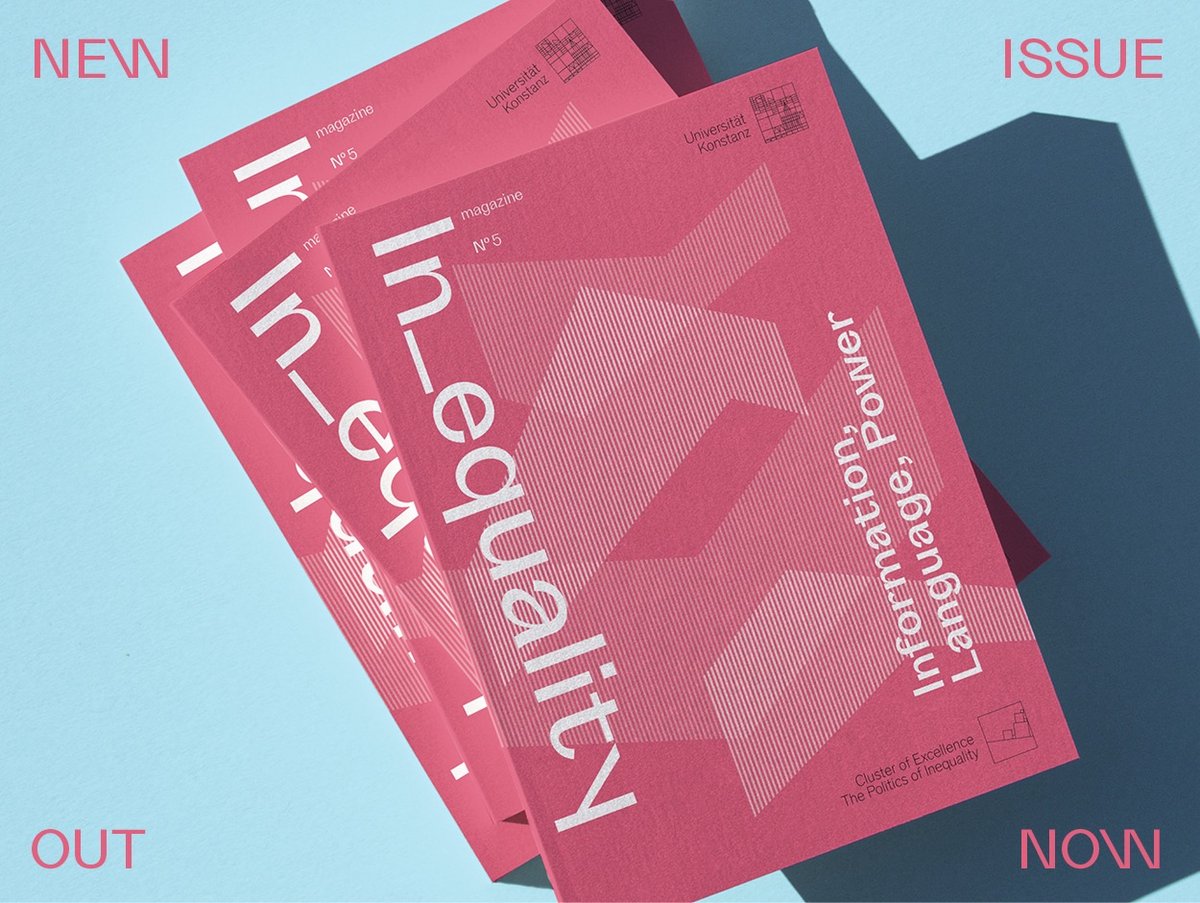
The fifth issue of the In_equality magazine "Information, Language, Power" is dedicated to the cluster's linguistic research projects. But how are these topics connected? And why does social science research need a linguistic perspective?
Political science is a discipline that is intimately concerned with communication. And yet political science does not make knowledge of linguistics mandatory nor is the use of linguistic insights and tools widespread in political analysis. The cluster addresses this curious discrepancy by including linguists in the circle of social scientists.

Framing
It is not only true for populists: how something is said is often more important than what is said. The way in which political content is presented in a speech, in a media article or on social networks influences how information is received and how it fits into our personal knowledge and world view. How does this so-called framing effect work? Which linguistic means are used in a politically targeted way? How is framed information received?
The Framing Inequalities project uses computational linguistics to provide answers to these questions.

Knowledge
Politicians are often no specialists in the areas in which they have to make momentous decisions. In order to be able to rely on the most well-founded expertise possible, they need information from experts. But where do political actors get their knowledge from? What do they ignore and what do they focus on? What do political elites know about social inequality and how does their knowledge relate to the demands of the electorate?
The project Political Elites and Inequality specifically investigates how elected representatives acquire knowledge about inequality.
The project Preferences for Redistribution Across EU Member States is examining how knowledge about economic processes leads to different political preferences in the populations of different EU member states.

